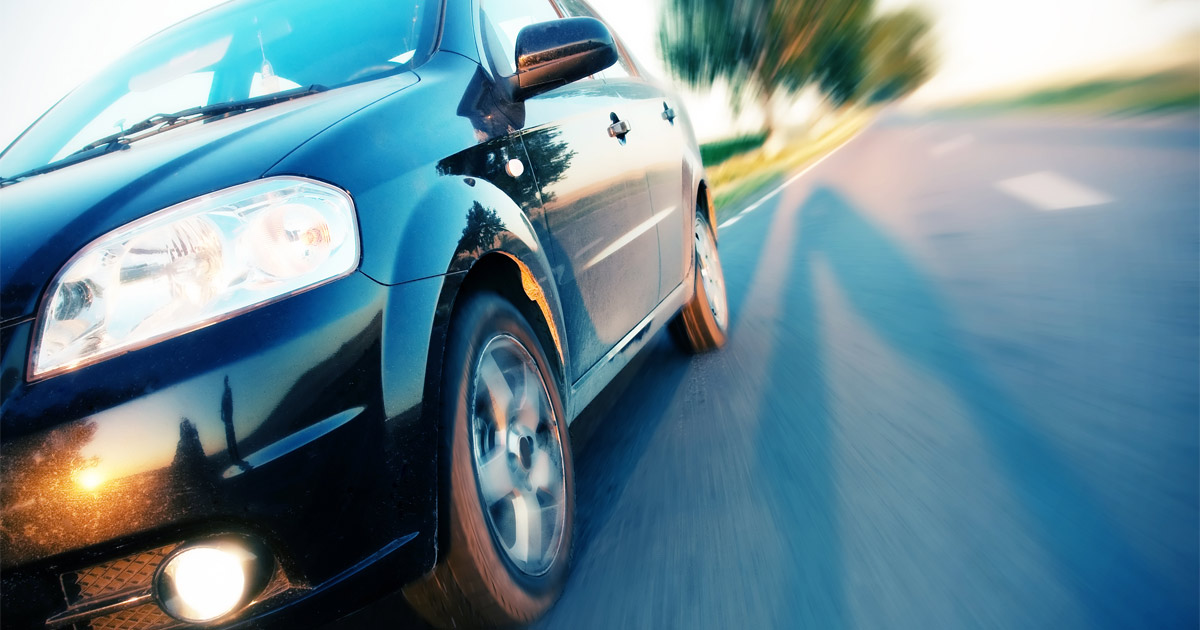Is Adaptive Cruise Control Safe?
April 10, 2024
Adaptive cruise control encourages distracted driving and takes the motorist’s attention from the road. The result is that the driver relies on their car to do the work while they may focus on other things. In the end, you may pay the price for your safety and well-being. You could be eligible for significant financial compensation if you have been involved in an accident with a driver.
Many Drivers Do Not Properly Use Adaptive Cruise Control
Many drivers do not understand the purpose of adaptive cruise control. They are not given any training, and carmakers do not go out of their way to educate consumers. Instead, dealers sell them cars touting the benefits of adaptive cruise control without any tips for using it. For example, some drivers believe that adaptive cruise control will automatically stop when objects are in front of them in the lane. That is not how the system is designed to work. Adaptive cruise control is not a lane-keeping device, no matter how much drivers may think it is. Further, adaptive cruise control is also not to be used in all weather conditions because the sensors may not properly work.
One of the common reasons why adaptive cruise control is thought to be dangerous is because drivers often misuse the system. Adaptive cruise control is intended to help them drive instead of being a substitute for good driving. Adaptive cruise control can make things safer for drivers. However, given the presence of technology, which can do things for drivers, motorists may tend to over-rely on adaptive cruise control.
Adaptive cruise control can also be dangerous because drivers set it while they are in traffic. Motorists can take too long to fiddle with the controls, taking their eyes off the road. Adaptive cruise control, in itself, can be a form of distracted driving. Like any control in the car, it takes time and effort to engage it. Drivers often set the controls at the expense of their attention behind the wheel.
Drivers Often Use Adaptive Cruise Control to Speed
Research also shows that drivers who use adaptive cruise control are more likely to speed than those who do not. Some drivers view adaptive cruise control as helping them break the law rather than something that makes their lives easier.
The fact that a driver was using adaptive cruise control will not be a valid excuse that would absolve them of negligence in the car accident. Drivers are still responsible for exercising care behind the wheel, no matter what type of system they are using or not using. Further, your attorney may explore whether you may have a possible cause of action against the company that made the vehicle if the adaptive cruise control system did not work as intended.
Contact Our Maryland Car Accident Lawyers at LeViness, Tolzman & Hamilton
Our Maryland car accident lawyers at LeViness, Tolzman & Hamilton can investigate the cause of your crash and help you pursue financial compensation. To schedule a free initial consultation, call us today at 800-547-4LAW (4529) or contact us online.
We have offices in Baltimore, Glen Burnie, Lanham, and Owings Mills, allowing us to represent clients in Maryland, including those in Anne Arundel County, Baltimore County, Carroll County, Harford County, Howard County, Montgomery County, Maryland’s Western Counties, Prince George’s County, Queen Anne’s County, Southern Maryland, and the Eastern Shore, as well as the communities of Catonsville, Essex, Halethorpe, Middle River, Rosedale, Gwynn Oak, Brooklandville, Dundalk, Pikesville, Nottingham, Windsor Mill, Lutherville, Timonium, Sparrows Point, Ridgewood, and Elkridge.

